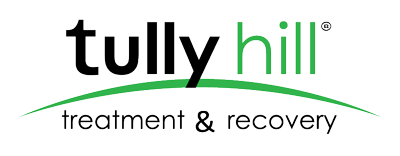Almost all of us experience some kind of denial in our lifetimes. Often it can be a positive feature of daily life, in that it acts as a coping mechanism that affords us time to adjust to distressing situations.
How Does Denial Affect Mental Health?
Yet remaining in denial can and does interfere with one’s ability to tackle and resolve challenges. Staying in denial amounts to continuing to protect ourselves by refusing to accept the truth about something stressful or uncomfortable that’s happening in our lives. It’s a defense mechanism that blocks one’s ability to deal with a personal problem or reality, because it dismisses the existence of either.
Denial certainly is a key element (perhaps the key element) of untreated substance use disorders (SUDs). Persons in denial about their SUDs self-deceive and distort reality. They suffer from shame, self-hatred, and low self-worth, all of which greatly fuel their denial and enable them to minimize and rationalize about the seriousness of their circumstances. Taking on the role of a victim is also commonplace among people in denial about their addiction.
Ongoing denial – an outstanding characteristic of an SUD – eventually causes people suffering from these chronic diseases to have negative consequences with their jobs, their mental health, and their families. Denial also causes those suffering from alcohol and other drug use disorders to isolate from everyone and everything, and breeds codependent, unhealthy behaviors within families and among friends. It leads them to value the substance and its use more than anything else. Left unresolved, denial can play a leading role in an untreated SUD progressing to become a fatal illness.
Steps Towards Healthy Coping
Learning as much as possible about SUDs – getting accurate, current information about them – is an important first step in dealing with someone in denial. Being specific with facts, using “I” statements so as to avoid blaming or shaming, and asking someone suffering from an SUD what they want, are tactics that seem to help break through one’s denial.
Successfully getting someone with an SUD to realize they have a problem is both an art and a science, for SUDs feature a complicated and challenging variety of thought processes and behaviors. An especially effective way to address SUD denial and motivate one to seek treatment and care is via an organized intervention overseen by an addictions professional experienced in this particular strategy.
Overcoming SUD denial is no easy task. We have learned through experience, however, that it is essential to successful treatment and care, and subsequent enduring health and wellness.
Ready to start the healing process?
If you or someone you love is suffering from denial related to a substance use disorder, Tully Hill can help. Call us today to talk to one of our intake specialists about substance use disorder treatment options or ask for a recommendation for an intervention specialist.







